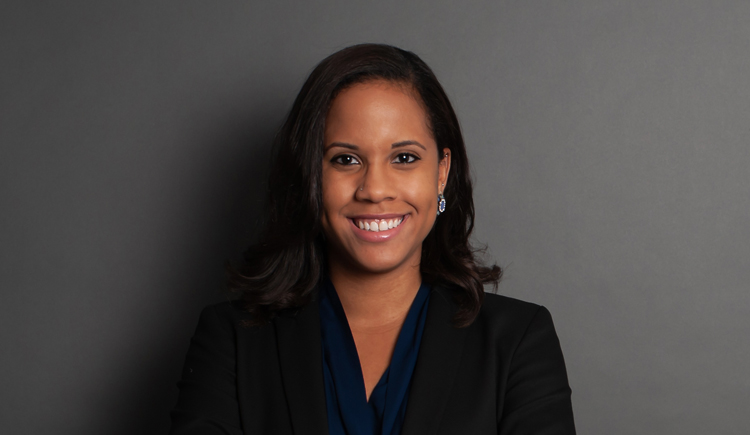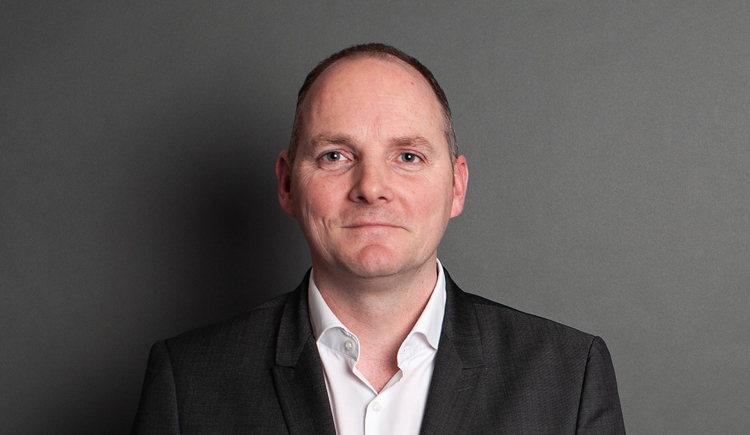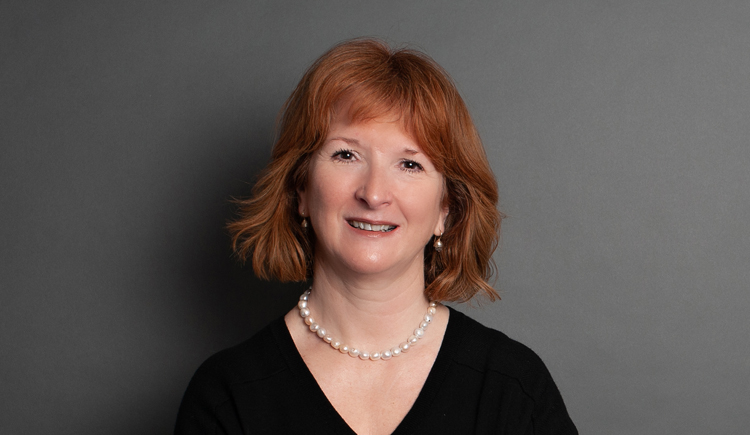Events travel
Business and leisure events are a major driver of visitors to London, contributing £23bn to London’s economy in 2019, according to the Business and Events Partnership.
Exactly when London can hope to return to such a level is hard to pin down.
London businesses themselves remain hesitant about travelling for business again, according to Bird & Bird’s survey. Three in ten (29%) anticipate it will be at least 18 months or more before business travel returns to normal, while almost half (45%) anticipate this happening in 12 months’ time.
The events industry, meanwhile, is preparing for a return to in-person business events in the latter part of the year; with the World Travel Market, The Business Show 2021 and the B2B Marketing Expo all slated for the autumn.
Also, potentially on the cards are sporting events including the NFL London Games and music events and festivals such as the BBC Proms, All Points East and Wireless. London & Partners says: “Most events are scenario planning to welcome audiences in COVID-secure environments and we expect a lot of events in outdoor settings to be the first back to market.”
The danger for events businesses not opening to full capacity again is existential. Bird & Bird partner Phil Sherrell, who heads up the firm’s Media, Entertainment and Sport practice, says: “If we remain in a world where some form of social distancing is still required, all those businesses that rely on live events will have to rethink their business model because they’re built on fitting in as many people as possible to maximise revenues.” A reduced capacity would also jeopardise long-term contracts.




